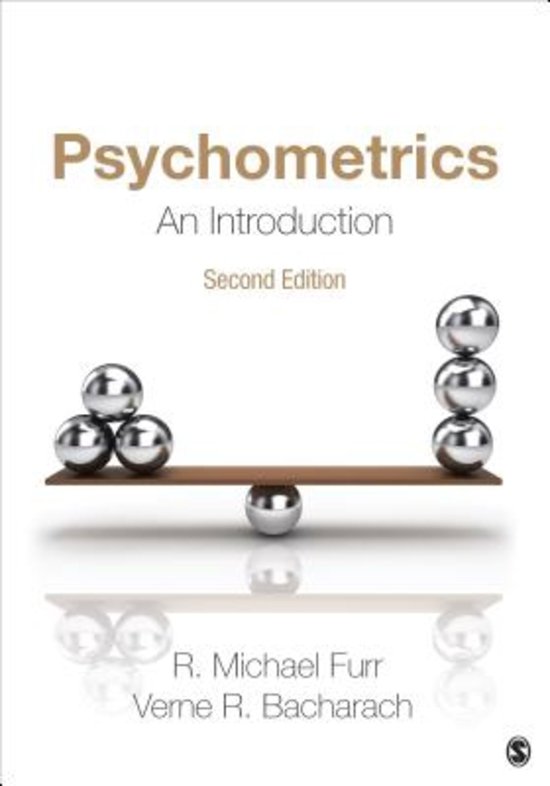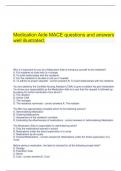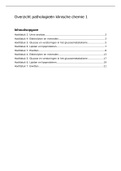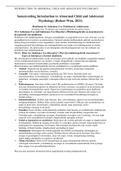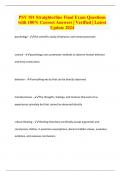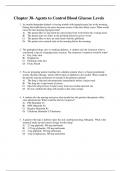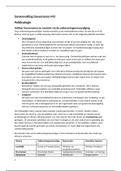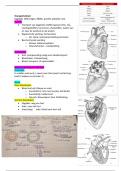Summary
Psychometrics Summary
- Course
- Institution
- Book
Psychometrics Summary: bullet points, simple language, nice formatting, no annoying comments! Includes all chapters required for the Leiden University course (excludes Ch 12 13) ISBN: , Psychometrics by Furr & Bacharach
[Show more]

